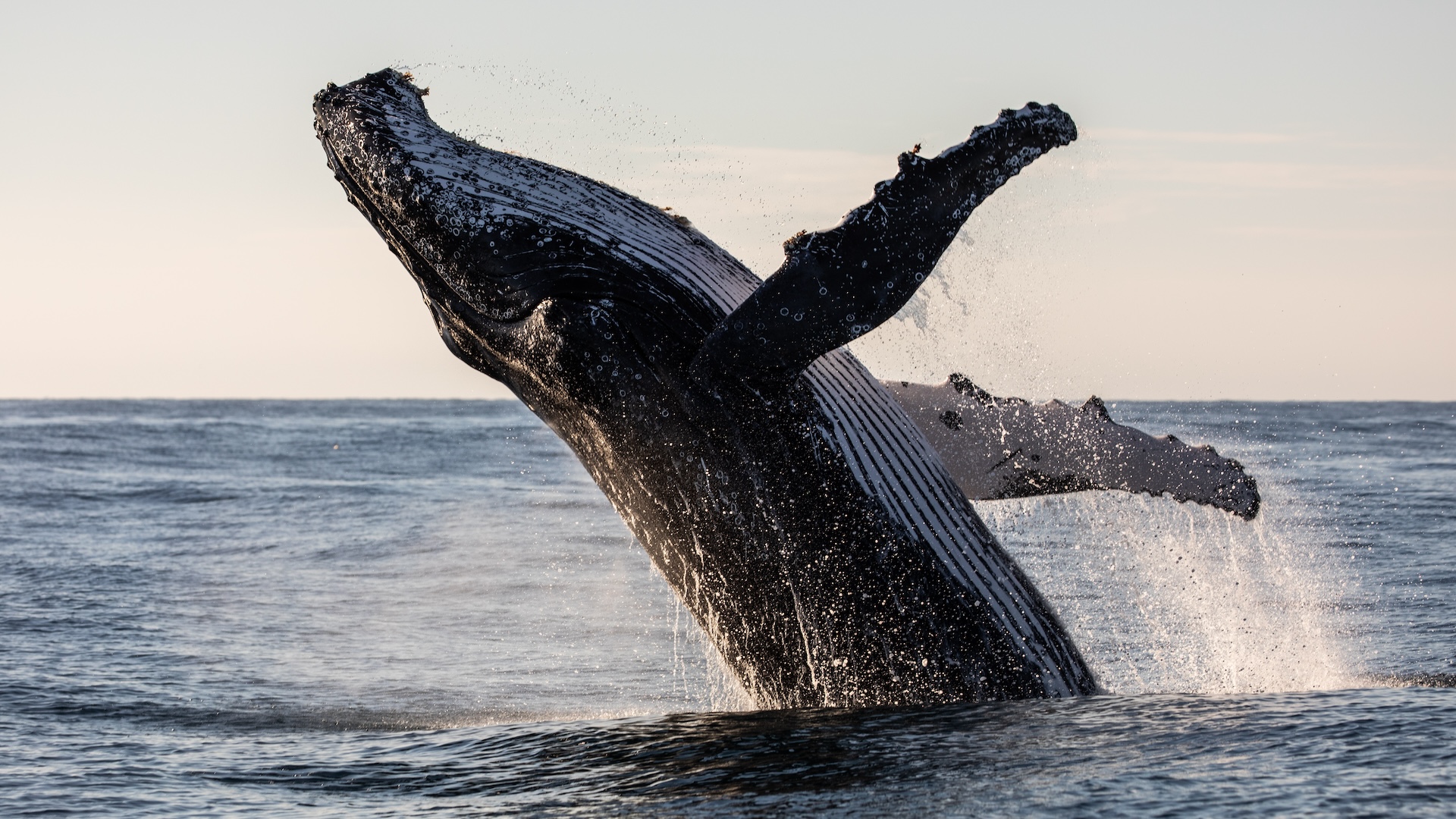The 16kg twin was removed from the teenager’s abdomen (Picture: Getty) Doctors in India have successfully removed a 16kg ‘parasitic twin’ from a teenage boy following an intensive surgical procedure. Parasitic twins are an extremely rare medical phenomenon which occurs when a foetus stops developing but remains attached and dependent upon its twin. Fewer than 50 such cases have been recorded in medical literature, and the condition is thought to affect less than 1 in 100,000 people worldwide. Prior to his surgery, the boy had lived with two fully formed legs, buttocks and external genitalia protruding from his abdomen, which doctors said could feel touch, pain, and changes in temperature. The boy, from the remote village of Uttar Pradesh, said he had been shunned socially because of his condition and that ‘a new world has opened up’ to him following the surgery. Speaking to the Indian Express, he added: ‘I couldn’t travel anywhere or do any physical activity. ‘I now hope to study and get a job. A new world has opened up to me.’ Less than 50 recorded cases exist of the phenomena (Picture: Getty Images) Due to the lack of medical knowledge and case studies on the topic, doctors said they had to rely on their ‘intuition, skill and knowledge’ to successfully complete the procedure. Doctors first carried out scans which revealed the parasitic twin was attached to the teenager’s breastbone and was receiving blood from a vessel in his chest – but did not have a significant connection with other major organs such as the liver or kidneys. From there they carried out the surgery in two parts, the first if which involved removing the parasitic limbs while the second saw them remove a large cyst from the teenager’s abdomen. ‘One of the major concerns was the possibility of involvement of the host kid’s internal organs, which fortunately there was none,’ Dr Krishna of the All India Institute of Medical Sciences told













